|
Little Red Scarf is in Lanzhou, Gansu province and provides financial support and encouragement to children suffering from congenital heart disease. In addition, they provide families with post-operative care and help the children sustain a healthy lifestyle. When Little Red Scarf knew Chunyao, she was 6 months. Her grandfather was holding her in his arms. When we visited Chunyao 1.5 years later, we saw a girl running in the yard. Chunyao became cheerful after the operation. Her personality is as lively as a boy. She always smiles and looks pleasant. She also mimicked her grandmother to treat us with apples. Chunyao drank fresh milk every day after the operation. One of their relatives kept a milk goat for her. The cow gave birth to a little lamb 2 months ago. When we took pictures for the goat, she acted as a shepherd to take care of the goat.The first marriage of her father left the family in heavy debt. Her father had to go out of the village for work 1 week later. Her grandparents had to take care of the family. The family is optimistic, because the child’s health is the most important thing for them. On leaving, we take a family photo for them. We wish them all the best. Original article written by Aiju Chang, translated by Maggie Li, and edited by Yanyan Zhang
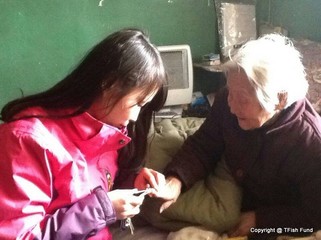 Xi’an Alliance works to promote a spirit of volunteerism. Many student volunteers are trained to participate in public welfare activities and social work. The main office is in Xi’an, China. In early spring, the new semester began at the the Xi’an Medical College. Volunteers began preparing for a voluntary activity to help the elderly. In the morning, we gathered for the activity. Looking back on the activity, I remember everyone's smiling faces before we reached our destination. This was the first time we did this activity for the elderly so we were a bit nervous. When we arrived at Tangdu garden, the team captain was waiting for us. The team captain gave us a brief introduction and told us what we needed to pay attention to. We then set out to converse with the aged. We were astonished to find all their living quarters were old and shabby. Something that looked like snow was falling down from the higher floors. We saw some old people were busy untangling strings. They greeted us happily and invited us to go into their rooms. The rooms were narrow and dim, and furniture inside the rooms was quite simple and old. The volunteers began chatting with them, listening to their stories from the past. The volunteers really began to understand their hard lives. We felt that we should be more respectful to our parents and that we really need to value our own lives. We then cooked tomato and egg noodles for the old people. Seeing their happy smiles, we were consoled. After lunch, the old people talked about domestic trivialities. During the process, there was happy laughter and cheerful voices, a happy scene. The volunteers washed plates after the lunch. The team captain came back from his visit in another room and gave us a big smile, which encouraged us lot. We cut the old people's nails and cleaned their rooms. Upon leaving, the team captain promised to come again with other volunteers. The old people were very happy. Original article written by Bin Kong, translated by Maggie Li, edited by Yanyan Zhang  Transparent Fish is pleased to see more efforts now in China to develop better techniques for financial transparency. We translated an article about the Green Seed Plan to share with you. Green Seed Plan is pleased to open the System 1.0 of Financial Transparency of Green Seed Plan (hereinafter referred to as Financial Transparency System). Portal 1: Google Form; Portal 2: Zoho Form Backup and A Transparent Wallet introduce respectively on how to build financial transparency system on the base of Google table. The issue of Financial Transparency System means that the financial transparency being promised by Green Seed has been fulfilled, which also manifested our determination to achieve financial transparency as one of members of public welfare organization. As a public welfare group, our funds come from all social levels. To spend every penny wisely is our obligation and responsibility. It’s never too much to emphasis financial transparency again and again. On one hand, a transparent finance is easy to be watched by the public. It’s a way to build mutual trust. With the public trust, we can achieve our goal in long-term fundraising. For us, a transparent financial system is the vital interests of our group. On the other hand, it’s an expectation of our staff. The job is honest and trustful, their love for what they are doing will be added. Their confidence for the group will have positive influence for the team cohesiveness which is valued by us as intangible assets. Any industry has its own dignity. If each public welfare group is building an open and transparent image, the final benefited party will be the group itself. The group will become respectable and attract more people to join in. So we are building a transparent finance as our industry model. The key of financial transparency lies on building an effective system which will provide a channel for the public monitoring. We should not rely on commitment for the donors, nor expect trust from the public or donors. Taking Stockholm Environment Institute/SEI where I work as an example. There’s a chapter in SEI’s annual report that open the financial situation of the year (refer to Annual Report of SEI). Since 1988, the organization has introduced independent audit and opened the audit report to the public. During the audit period, each staff has to cooperate with audit office. SEI is not the only one to open its finance among international organizations. Many international organizations have built transparent finance system. They have detailed regulations for work trip. In some UN organs, all projects need to have quotation from 3 suppliers and reviewed by the financial office. These rules are made to ensure trust from the public and cohesiveness among the staff. These measures are not for small groups or organizations. They are too busy for operating projects to build financial management system. They do not have enough money to fire independent audit. So if there’s no simple or effective measure, how can they achieve financial transparency? This is the answer in Financial Management System V1.0, a Transparent Wallet Based on Google Table. To raise awareness and funding for Sahaya International's efforts providing impoverished students in Vietnam with scholarships.
Sunday April 27th 2014 2pm to 6pm Evergreen Community Center 4860 San Felipe Rd San Jose Ca 95135 (difficult with GPS maps navigation) www.sahayavietnam.org Art Show Artists: Chung Truong Jamie Giannotti Andy Gouveia Vinnie Verite Hoang Pham Ian Christopher Wing Daniel Nguyen and many others. Facebook Event: https://www.facebook.com/events/447170395418058/ For Immediate Release
Our deepest gratitude to the Ping and Amy Chao Family Foundation and to the Transparent Fish Fund for their support and friendship! In addition to the $10,000 awarded at the beginning of 2014 to build 7 homes and a bridge, Tfish has granted another $10,000 to Sahaya Vietnam to provide 10 additional homes. The grant award will be presented at the Sahaya Vietnam Charity Art Show this Sunday April 27th, 2014 from 2-5pm at the Evergreen Community Center in San Jose Ca. Please come and join us! In 2014, Sahaya International's Vietnam program has been awarded a total of $20,000 in grant by the Ping and Amy Chao Family Foundation (www.chaofoundation.org) and Transparent Fish Fund (www.tfishfund.org/sahaya.html). The grants will provide much needed financial resource to continue our humanitarian mission of providing shelter to the impoverished families and rebuilding of a damage bridge in Kien Giang, Vietnam. On behalf of the precious children and families in rural Vietnam, we would like to express our deepest gratitude and appreciation to The Ping and Amy Chao Family Foundation and The Transparent Fish Fund for their kindness and generosity. The Chao Foundation $17,000 grant will be used to provide homes for seventeen families and $3,000 to help rebuild a broken and dangerous bridge for a whole village. Seven homes and One bridge have already been completed. In the following months Sahaya and Tfish will continue to provide 10 more homes for 10 precious families. May Sahaya International, The Ping and Amy Chao Family Foundation, and The Transparent Fish Fund continue their humanitarian friendship to help those in need. May all be free from poverty. Please visit our websites for more info: www.sahayavietnam.org www.tfishfund.org/sahaya.html www.chaofoundation.org 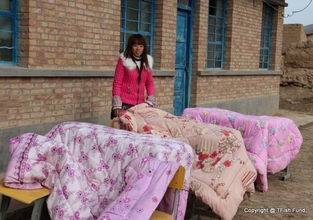 Mingda School is in Xiji County, Ningxia province and pays attention to rural education in northwest of China, in particular English education. The School provides a relaxing and healthy education environment for the left-behind children living in rural areas. Winter holiday is late in 2014. When we were preparing activities during winter holiday, the students were preparing for their final exam. When we came to the project site and held the first activity in the new year, most of the children were waiting for their final scores. We were not in rush. As I was born and grew up in the village, I understood situations. In a few days, the children would come back with their exam scores. At that time, Mingda will be the place they want to visit most. We were doing preparation for their coming. Thank TFish who bought an induction cooker for us. We enjoy the convenience which improves our serve enthusiasm. We prepare lessons, eat and talk together. We also discussed the issues on development of Guanshan district, improvement of accompany for left-behind children and teenagers and home visit. I have some of my own ideas. In rural areas, we should care more about the internal development of the students, instead of school grades. We should pay more attention to the students’ behaviors, instead of how many English words they memorize. I know some parents have different ideas or even opposite opinions, but I still insist on my own ways. I will not follow their likes or just copy from the school. In this money-centered society, each of us tries to get what we want, but in rural areas, the children are fighting against their fate toughly. Their goal is to get rid of poverty. In the city, most of the children work to achieve the goal made by their parents. Parents are steering their dream from kindergarten to university. Anyway, the dreams of rural children belong to their own dreams, though their parents urge them to study hard before being admitted by university. In the city, parents paved a way for their children with all kinds of connections. In rural areas, the children have to decide their own future. In comparison, the later may have more happiness. For the rural areas, poverty is an obstacle. We are hopeful. Though there are difficulties, we still provide spiritual food for the children. We hope to provide a relaxing place for the children to learn. Study is an activity, instead of a burden. If the children start to feel that study is a kind of burden, study has lost its original meaning. Original article written by Fangding Zhang, translated by Maggie Li, edited by Yanyan Zhang 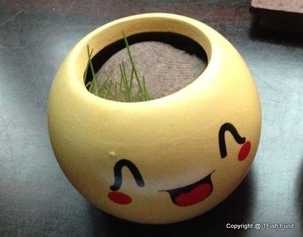 Grounded on core values of respect, love, and service to the elderly, the Xin Yue Senior Citizen Service Center of Chongqing, China, promotes social work services for senior citizens and builds harmonious living environment for them. In the afternoon of March 14, the staff of Xin Yue visited members of pot plant team, exchanging views with them on interests and harvest of pot plantation. The old people showed their pot plants to the staff and introduced the growing process of their plants. As grandpa Qian said, “The first thing I did when I got up each morning is to see the change of my pot grass.” According to his words, we could learn he valued the grass very much. Our staff said, “Thanks to your care and labor, the grass grows so well. A seed sprouts, grows up and withered later. It is a complete process of a plant. It’s also a process that brings us joy and something memorable. ” A pot of grass can bring something green for their life. During the life of a person, we are like the grass. Every period has moments to be cherished and remembered. Granny Fu values the green sprout. She takes care of it carefully. It grows well. Granny Fu said, “Taking care of the plant brings me joys. Thank you.“ Granny Peng’s plant did not sprout a few days ago. She almost gave up, but she did not and kept taking care of it. Finally, it sprouted. In the activity, the best plant belongs to Granny Liu. The other people admired her plant and asked for advices. Original article written by Ling Feng, translated by Maggie Li, edited by Yanyan Zhang www.sfcityimpact.com
A Heart for the City San Francisco City Academy Annual Fundraiser THURSDAY MAY 22, 2014 6:30pm - Hors D'Oeuvres & Silent Auction 7:30pm - Dinner Empress of China Restaurant 838 Grant Ave 5th Floor San Francisco, CA Chinatown TICKETS $50 TABLE of 10 $500 LIVE AUCTION DURING DESSERT Dressy Casual Attire PARKING AVAILABLE AT Portsmouth Square 733 Kearny Street PLEASE REGISTER HERE HISTORY One early morning in 1984 after getting off the graveyard shift, Roger Huang was waiting for a tow truck in the Tenderloin. He noticed a young boy being picked on by a group of bullies. Torn between intervening to help the boy and not wanting to get involved, he drove away with a heavy heart. On the way home God laid the burden on his heart, “What if that was your son being picked on?” The next morning Roger and Maite made 50 sandwiches, and Roger went back to the Tenderloin to give them away to the homeless that same day. The following week he brought his wife Maite to the Tenderloin to help with the ministry, and San Francisco City Impact was born. Today, the ministry has grown to five major departments with 16 weekly programs. Everything we do is to intervene on behalf of the people in the inner city of San Francisco. 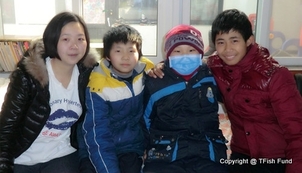 Junzun with his friends Junzun with his friends Iseek Cultural Center is a public welfare organization initiated by patients with PAH (pulmonary artery hypertension), which aims to provide support and service for people with invisible disabilities as PAH. On March 9, 2014, the staff of Iseek and 3 volunteers came to see children with PAH and their family members, bringing clothes donated by some volunteers. After stepping out of the bus, we saw a girl leaning on her mother’s shoulder. The girl was Ding Yuxuan. She suffered from an episode of suffocation in 2011. During her rescue, the lack of oxygen damaged her brain and gave her cerebral palsy. Since then, the girl has had to lean on her mother. Apart from taking medicine for PAH, she has had to accept acupuncture therapy. The room is small, but warm. Yuxuan’s family comes from Anhui. Her father works for a company and makes a salary of 3000 yuan a month. Her father has to work overtime in order to earn more. Her mother has no job, because she has to take care of Yuxuan. Yuxuan’s mother told us, “Though we are living away from our hometown, we still have a warm home. If we stay together, we are a family.” 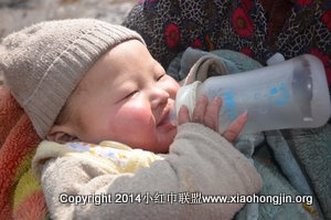 Little Red Scarf is in Lanzhou, Gansu province and provides financial support and encouragement to children suffering from congenital heart disease. In addition, they provide families with post-operative care and help the children sustain a healthy lifestyle. We have been concerned about Ga Lan. On February 25, 4 people from Little Red Scarf took the bus to the village where Ga Lan lives. The program director of LRS and a volunteer from the USA joined our team. We set out early in the morning. We had to transfer between two buses before we arrived at the town. Ga Lan lives on a mountain top, so we had to walk for about half an hour. Snow after the Chinese New Year made the road muddy. We had to walk up to the hill with a walking stick. We experienced the hardness of walking along the mountainous path. It was covered with mud and very slippery. We had to walk very carefully. It takes about half an hour to arrive at the top, but we walked for an hour because of the rain. We finally reached our destination and saw familiar faces. Ga Lan looked much better which pleased us a lot. The whole family was happy to received new clothes for the children- clothes which had been donated by loving people. The goat has become even naughtier and is able to jump higher than ever before. Recently she was not able to produce enough milk for the baby, but the family is hopeful that the goat will give birth to a lamb soon and then the milk will be plentiful. The baby woke up and we saw that he has grown taller. Looking at her son drinking the goat's milk, she thanked Little Red Scarf for saving the life of her and her son. We hope Ga Lan will go to the hospital soon for a check-up and accept any necessary surgery without delay. She told us she is sad whenever she thinks of her small baby, old parents, and shabby housing. We told her everything will be fine and we hopes she will soon feel better. We cut her baby's nails and cleaned them out. The baby looks so lovely in his new clothes. We hope he grows up every day and brings happiness to the family. Ga Lan and her husband walked with us to the entrance of the village. We said goodbye and expressed our fervent hopes that she will be well. Original article written by Ying Guan, translated by Maggie Li, and edited by Yanyan Zhang |
TFISH FUND BLOGWe update news and reports directly from the field written by our NGO partners daily. Top PostsPHOTOS & VIDEOSIN THE NEWSCategories
All
Archives
August 2017
|
|
© Copyright 2011. All rights reserved.
171 Main St. #658 , Los Altos, CA 94022 | [email protected] | 501(c)(3) Tax ID: 45-2885139 |

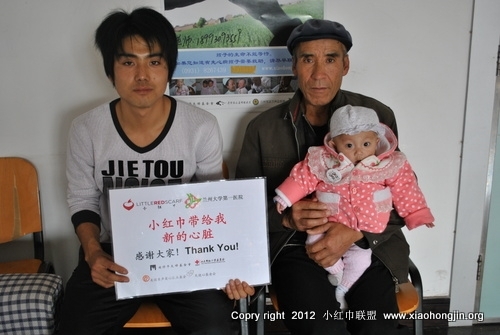
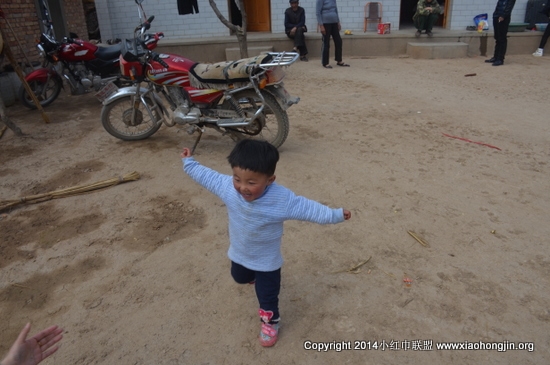
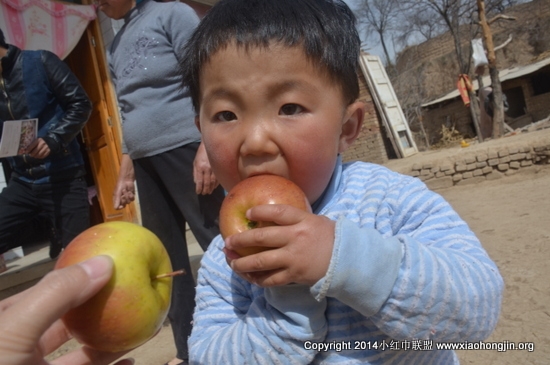
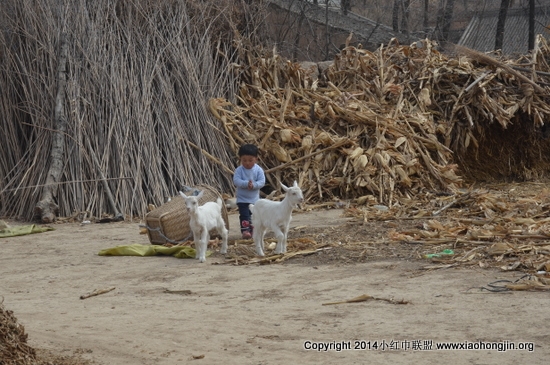
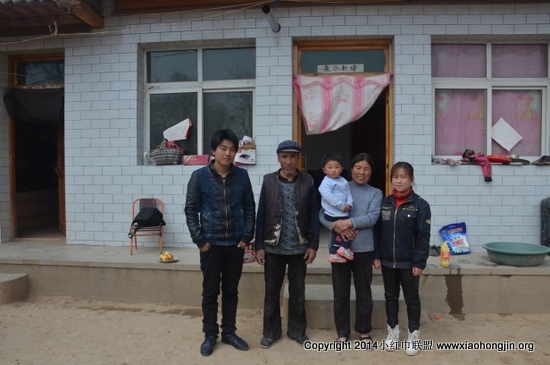
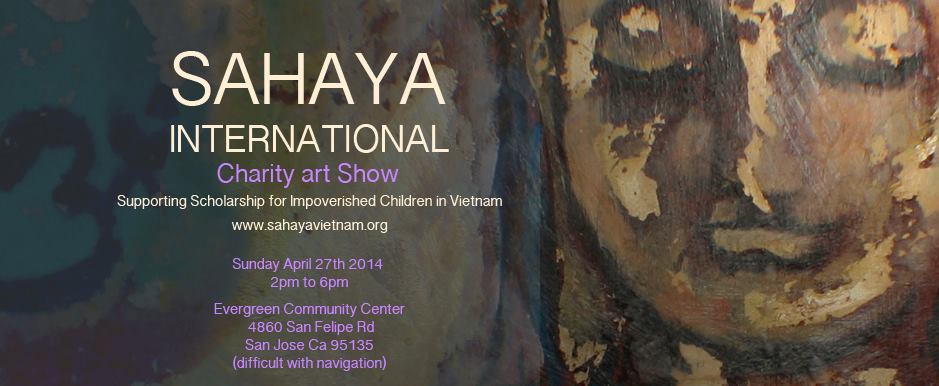
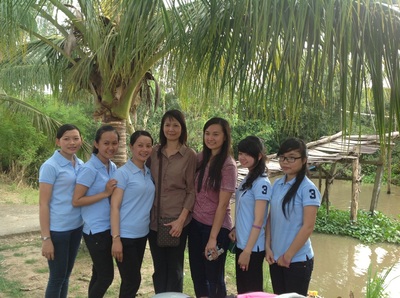
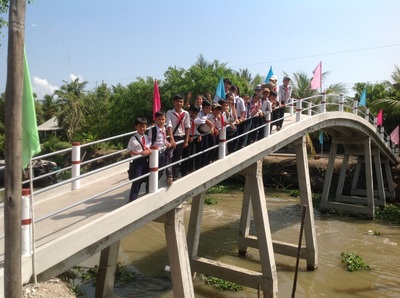
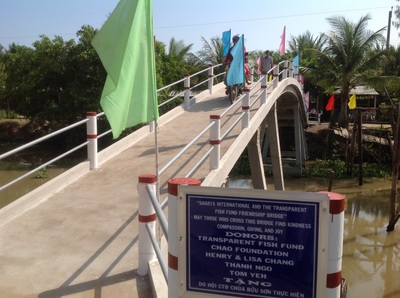
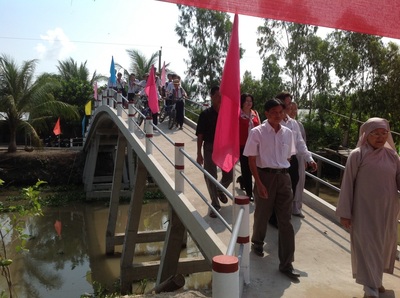
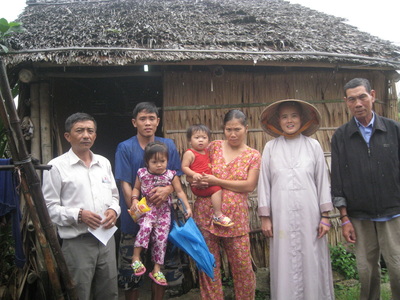
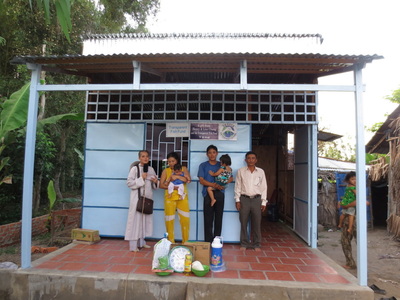
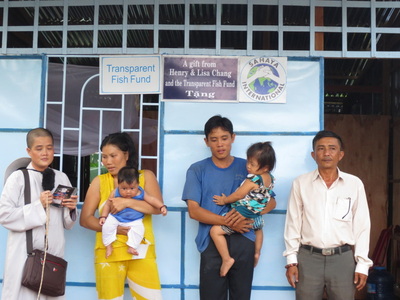
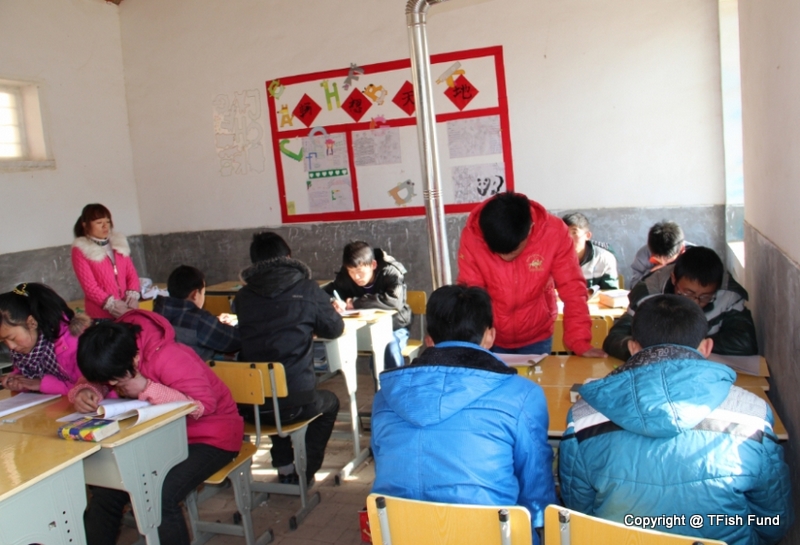
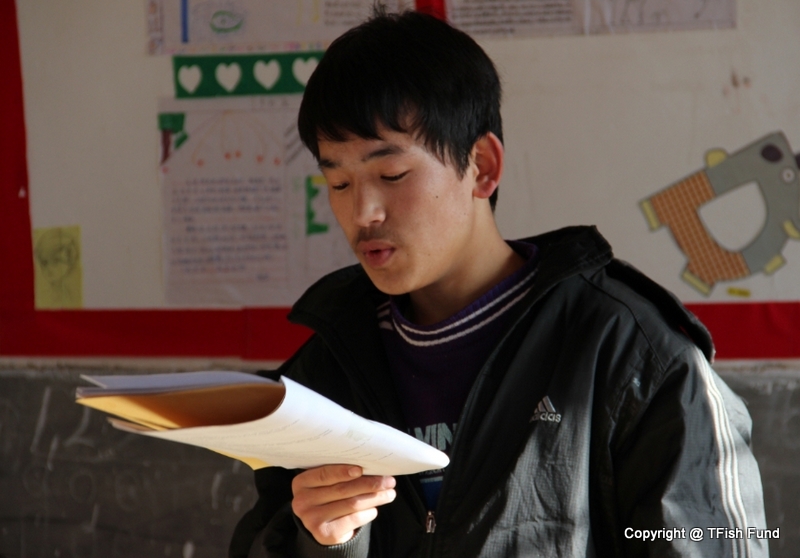
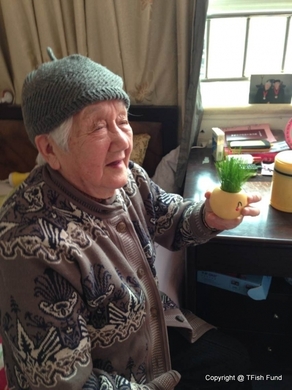
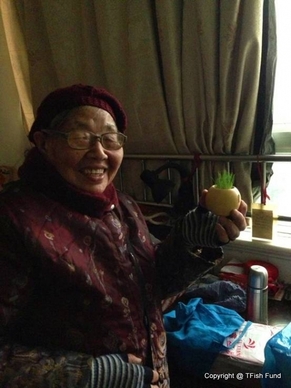

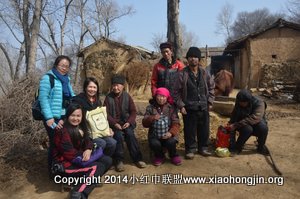
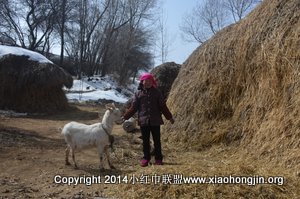

 RSS Feed
RSS Feed